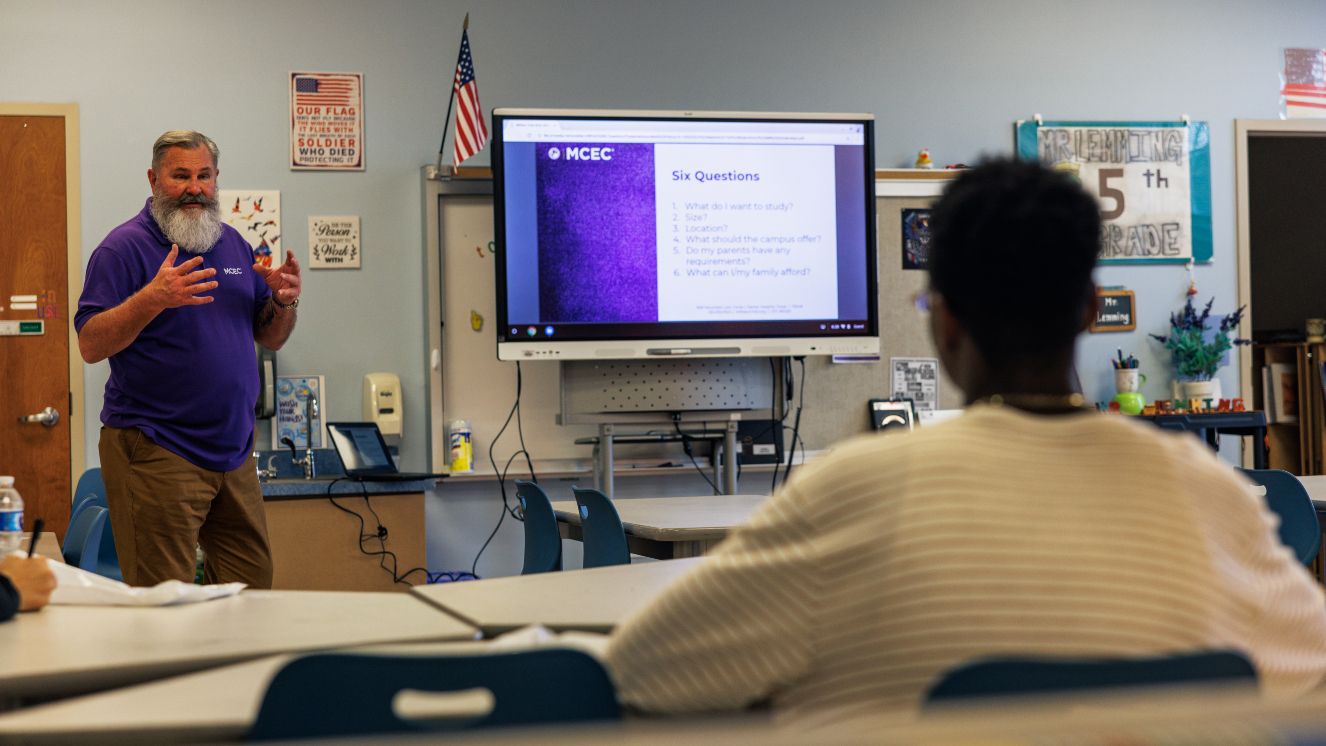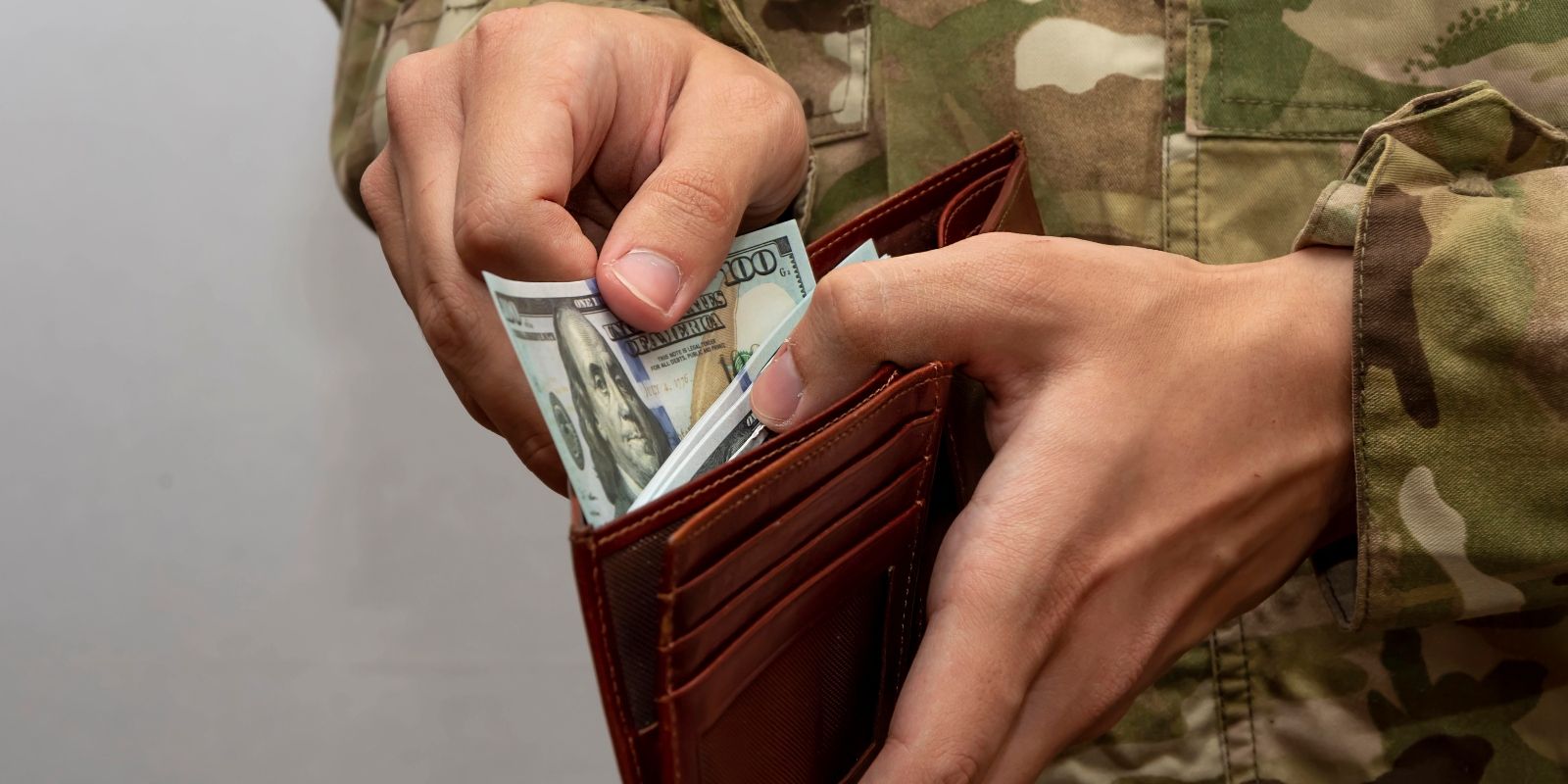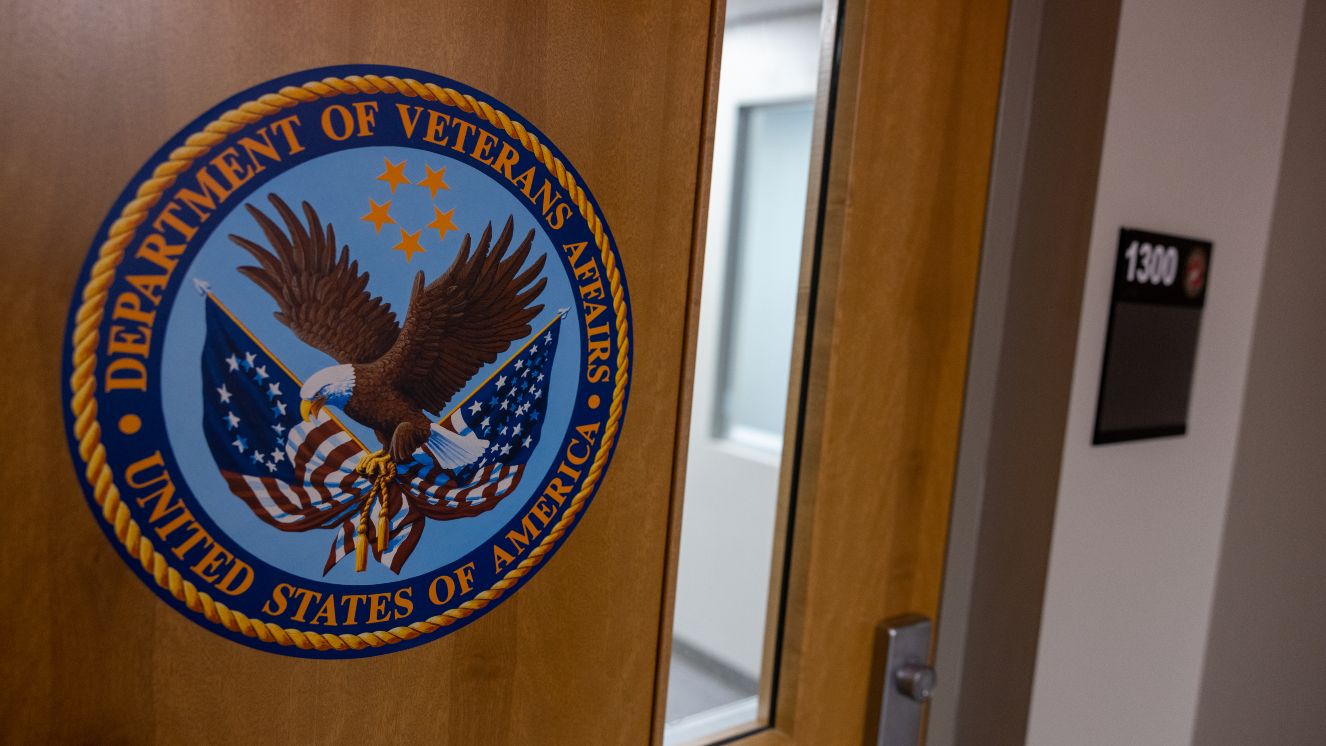WOMEN VETERANS SHOULD KNOW ABOUT THESE AVAILABLE RESOURCES AND BENEFITS
COMMENT
SHARE

As early as the Revolutionary War, women served in the military. However, the thought that they would be on the frontlines was unthinkable. Though active women served in the armed forces during World War II, they were expected to leave after their duty was done. This was the usual norm after the war; only female nurses could stay. And the thousands of women who joined can leave the combat zone and resume civilian life. Yet everything changed in a significant way in 1948, with a new policy. Now, women could take the first step towards becoming full members of the Armed Forces. With this historical move, let us also look at some of the benefits women Veterans will get after their service.Suggested read: Women Veterans Day Celebrates Strength, Sacrifice of Service MembersMilitary women have played a massive role in United States history, from spies to washerwomen to medical caregivers and nurses. Some were even hired by various military branches to do some clerical work.
The Fate of Women Veterans After the War
There are a lot of women who bravely served in the world wars, even becoming a prisoner of war. Regardless of the recognition they received, women still faced discrimination and found themselves unrecognized and jobless. Most employers believed that women's involvement in wars was only due to nepotism or sexual immorality. Those who stayed in the auxiliary roles were not even considered women Veterans and were denied benefits. But with their efficiency and toughness, officials were convinced that employing women was worth it. First, the Women's Army Corps members were re-employed in 1946. Then, the U.S. Army realized that it could not afford to lose more women who served during the war. To keep them in service, they convinced Congress to make the Women's Army Corps a permanent component of their rank. Former President Truman signed the Women's Armed Services Integration Act into law in 1948. This made the women permanent members of all military branches.Read Next: Pinpointing the First Woman in the Military is Trickier Than You Think
Essential Things Women Veterans Should Know
Today, around 16% of active-duty military and 10% of Veterans are women. Despite the progress made in previous years, women Veterans still need help accessing some earned benefits. Let's discuss some things you can get if you are a female Veteran; you might be eligible for some of these programs and services that meet the needs of women Vets.
1. VA Health Care
The Department of Veterans Affairs offers diverse benefits for male and female Veterans. This includes designed healthcare for Veterans who faced challenges after leaving the armed forces. There are stationed program managers at every VA medical center to support women Veterans. Their primary role is to advise those who are in need of primary care to specialty care for reproductive health or chronic health issues.Here are some of the VA Primary Care health services:General Care: It is counseling and evaluation of a person's overall well-being, which includes one's overall health, disease prevention, nutrition, weight, substance abuse counseling and treatment, assistance with quitting smoking, gender-specific care (pap smears, mammograms, birth control, hormone replacement therapy for menopause, HPV vaccination, and more)Mental Health Care: It centers on issues like post-traumatic stress disorder (PTSD), depression, post-deployment adjustment to civilian life, anxiety disorder, sexual trauma, anger management, parenting, and more.Military Sexual Trauma: Military sexual trauma is not a common understanding among military members, specifically women. The VA medical centers are offering free treatment and confidential counseling for women Veterans who have experienced this, whether it is physical or mental. In addition to these various types of medical needs, women Veterans who are enrolled in the VA benefits are also entitled to medical services from trained professionals who are reachable 24/7 by phone to answer any queries related to women's health.There are also special programs for women Vets who want to receive employment training or rehabilitation, domestic abuse victims, and homeless Veterans. All of these are provided at the VA medical centers.In order to avail of such benefits, you need to go online and visit the Department of Veterans Affairs website, or you can also call a VA medical center or visit any VA medical center office in person.Suggested read: 5 Areas Where Gender Discrimination Is Still a Barrier in the Military
2. The Center for Women Veterans
The CWV was established in 1994 with the help of the Department of Veterans Affairs. It aims to manage all the benefits offered by the VA to women Veterans, including small business programs, service-connected disability settlement, VA health care benefits, and more. The Center for Women Veterans administers the needs of Veteran women by giving them well-earned benefits. Secondly, the center aims to bring dignity, awareness, and respect that female Vets deserve the culture they fought like their male counterparts. Although women Veterans make up only 10% and around 2% of the U.S. population, they are often overlooked. The Center for Women Veterans aims to support the representation of female Vets in the way the public sees them.One goal of the CWV vet center is to support female Vets through various projects. This includes a yearly initiative celebrating servicewomen who made significant contributions to the military. The 2021 Women Veteran Trailblazers campaign has featured 21 notable women Veterans who made such contributions throughout their careers. The showcase featured all the accomplishments of these women across the military branches who exhibit success and leadership qualities. Another project that the Center for Women Veterans runs is the virtual I Am Not Invisible exhibit. It highlights female VA employees and aims to boost dialogue among female military Veterans and be an eye-opener to viewers about the level of expertise women Veterans have.Aside from initiatives to change how the public views female Veterans, the CWV also offers online training for military women who will be transitioning to civilian life. It educates them on what healthcare services are available to them from the Department of Veterans Affairs.For all servicewomen, the VA Health Transition Training is an optional, self-paced course. The topics include the types of care offered to women Veterans by the VA, finding a local VA center, eligibility and enrollment requirements, and tips on connecting with other female vets in the community.
3. VA Benefits for Military Sexual Trauma Survivors
The Department of Veterans Affairs uses the phrase Military Sexual Trauma for sexual harassment or assault that the service members experienced during their military service. Anyone can experience MST, but military women are the most targeted victims.The VA department offers support services, such as free and confidential counseling, to support the victims. This service is provided nationwide at any VA medical center, along with treatment for both mental and physical issues caused by the MST. To avail of this benefit, you don't need to have reported any document or incident in which you were a victim during your stay in the military. Both male and female veterans who experience MST can immediately receive help from the VA, regardless of eligibility or disability status. Every VA medical center has an assigned MST coordinator ready to assist a person who is planning to take the road to healing. If you have experience with MST or know someone who needs it immediately, do not hesitate to contact any local centers or coordinators close to you.Read next: Thank You for Being a Marine: Bea Arthur's Military Service
4. Small Business Initiative for Women Veterans
The Women Veteran-Owned Small Business Initiative is a first-of-its-kind federal program to educate, empower, and provide opportunities for women Veterans to be entrepreneurs. It seeks to procure small businesses that are women-veteran-owned, have been in the industry for 3-5 years, have 3-5 full-time employees, and make $500-1M in revenue at minimum. The business must also be qualified in underrepresented North American Industry Classification System codes for the federal government to act as a prime contractor.Those women Veterans involved with WVOSBI can enjoy some perks, including subcontracting opportunities, government and commercial procurement possibilities, and access to a women Veteran community.
5. Maternity Care
The VA offers this benefit to eligible women Veterans. In addition to the benefits, it includes a maternity care coordinator who guides and assists the pregnant veteran throughout her pregnancy and helps her obtain all the services she will need.The Department of Veterans Affairs benefits include physical examinations, laboratory tests, ultrasounds, breastfeeding support, drug prescriptions, education, prenatal screenings, genetic testing, mental health care, the first week of her newborn’s care, and miscarriage or stillbirth services.Notably, maternity care does not include services or delivery, doula or midwife (not a medical practitioner), experimental services, home deliveries, or abortion. Thus, the VA is not legally allowed to participate in terminating a pregnancy. All women who served in the U.S. military are eligible for a maternity care benefit at any VA medical center.
6. Women Veterans Coordinators
There are assigned women Veteran coordinators at every Department of Veterans Affairs office. Their role is serving as the primary contact for women Veterans, beneficiaries, their military spouses, and military families concerned about VA and non-VA benefits that can help them.WVCs offer assistance in various ways. This includes providing detailed information on female vets' eligibility benefits and handling claim intake and development (sexual trauma or personal claims). In order to avail yourself of this service, you need to get in touch with your local VA office.
7. Education Benefits
Men and women Veterans can also receive some education benefits if they want to continue their studies after service. One of the most enticing benefits is education. This is for Veterans, active duty members, or, in some instances, their dependents.The VA education program comprises the following:
- Post-9/11 GI Bill
- Montgomery GI Bill-Active Duty
- Montgomery GI Bill-Selected Reserve
- National Call to Service
- Survivors’ and Dependents’ Educational Assistance
- Reserve Educational Assistance Program
- Post-Vietnam Era Educational Assistance Program
- Yellow Ribbon Program
- Veteran Readiness and Employment Program
Education costs a hefty amount of money, especially if you are aiming for higher learning, and sometimes it depends on what school you go to. To help the men and women Veterans, the U.S. Department of Veterans Affairs is offering programs to lessen the financial struggle of higher education.Education benefits are unrestricted to qualified service members and Veterans. With education assistance, those who want to pursue their careers can do so without going into debt. Interested service members and Veterans can seek help from a Veterans Service Officer.
Women Veterans Day
Since the birth of the nation, women's contribution is undeniably essential. They spied and fought on the British during the Revolution, fought in the Confederate and Union armies, and served in various roles during World War I.Around 350,000 American women served the nation in the Second World War, and 140,000 joined the Women's Army Corps. With their skills and knowledge, they were able to help in the war effort. With the sacrifices of these brave women, today, it is being honored as Women Veterans Day, also called the Women Veterans Appreciation Day and Women Veterans Recognition Day.This was first celebrated in Hawaii on June 12, 2018. Women Veterans Recognition Day is a testament to the fact that women are as essential as their male counterparts in the armed forces. Some states also recognized this holiday: Indiana, California, Michigan, Ohio, New Mexico, Tennessee, Wisconsin, Hawaii, New Jersey, Texas, South Carolina, New York, Kentucky, and Oregon. However, this is yet to be a federal holiday.
Benefits and Services for Women Veterans
Even though overlooked, the over 2 million women Veterans nationwide are valuable members of society. Most female vets face challenges after leaving service and going back to civilian life. The government decided to provide a wide range of benefits to cater to the needs of women Veterans. Grab the opportunity. In need of these services? Contact the VA office closest to you and inquire about their services.Suggested read: Lee Miller Was One of the Only Female Photographers in WWII
Join the Conversation
BY ALLISON KIRSCHBAUM
Veteran, Military History & Culture Writer at VeteranLife
Navy Veteran
Allison Kirschbaum is a Navy Veteran and an experienced historian. She has seven years of experience creating compelling digital content across diverse industries, including Military, Defense, History, SaaS, MarTech, FinTech, financial services, insurance, and manufacturing. She brings this expertis...
Credentials
Expertise
Allison Kirschbaum is a Navy Veteran and an experienced historian. She has seven years of experience creating compelling digital content across diverse industries, including Military, Defense, History, SaaS, MarTech, FinTech, financial services, insurance, and manufacturing. She brings this expertis...



